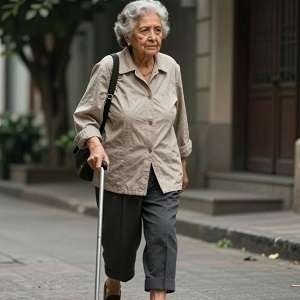A new study reveals that social determinants of health (SDOH)—such as housing instability, isolation, and economic hardship—are rarely documented in the medical records of cancer patients, despite their known impact on outcomes. Using data from over 50,000 adults with cancer, researchers found that less than 2% had any SDOH-related Z codes in their claims, even though those with Z codes had significantly higher rates of comorbidities and metastatic disease.
Z codes are diagnostic codes meant to capture individual-level social challenges. Yet 54% of oncologists surveyed had never heard of them. Only 19% had used them, and many cited lack of reimbursement and unclear clinical guidance as barriers. “Physicians are more likely to document Z codes if they’re tied to payer reimbursement,” the study noted.
The most common Z codes included “problems related to living alone,” “occupational exposure to dust,” and “psychosocial circumstances.” These codes were more prevalent among women and patients in states with high out-of-pocket medical costs. Despite endorsements from CMS and the American Hospital Association, Z codes remain underutilized, limiting efforts to address disparities in cancer care.
Researchers stress that better documentation is essential to understanding how social risks affect treatment and survival. Without it, public health initiatives and predictive models lack the data needed to support vulnerable populations. The study calls for increased provider awareness, financial incentives, and integration of SDOH into routine care.
See: “Documentation of individual-level social determinants of health among adults diagnosed with cancer in the United States” (August 12, 2025)



